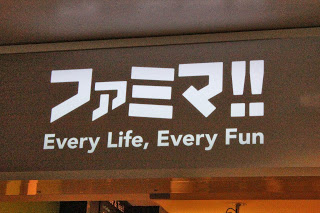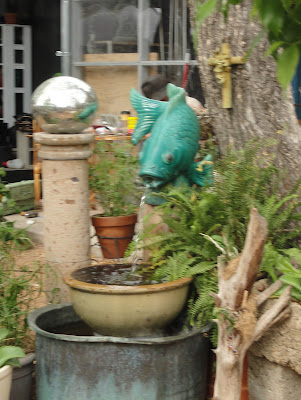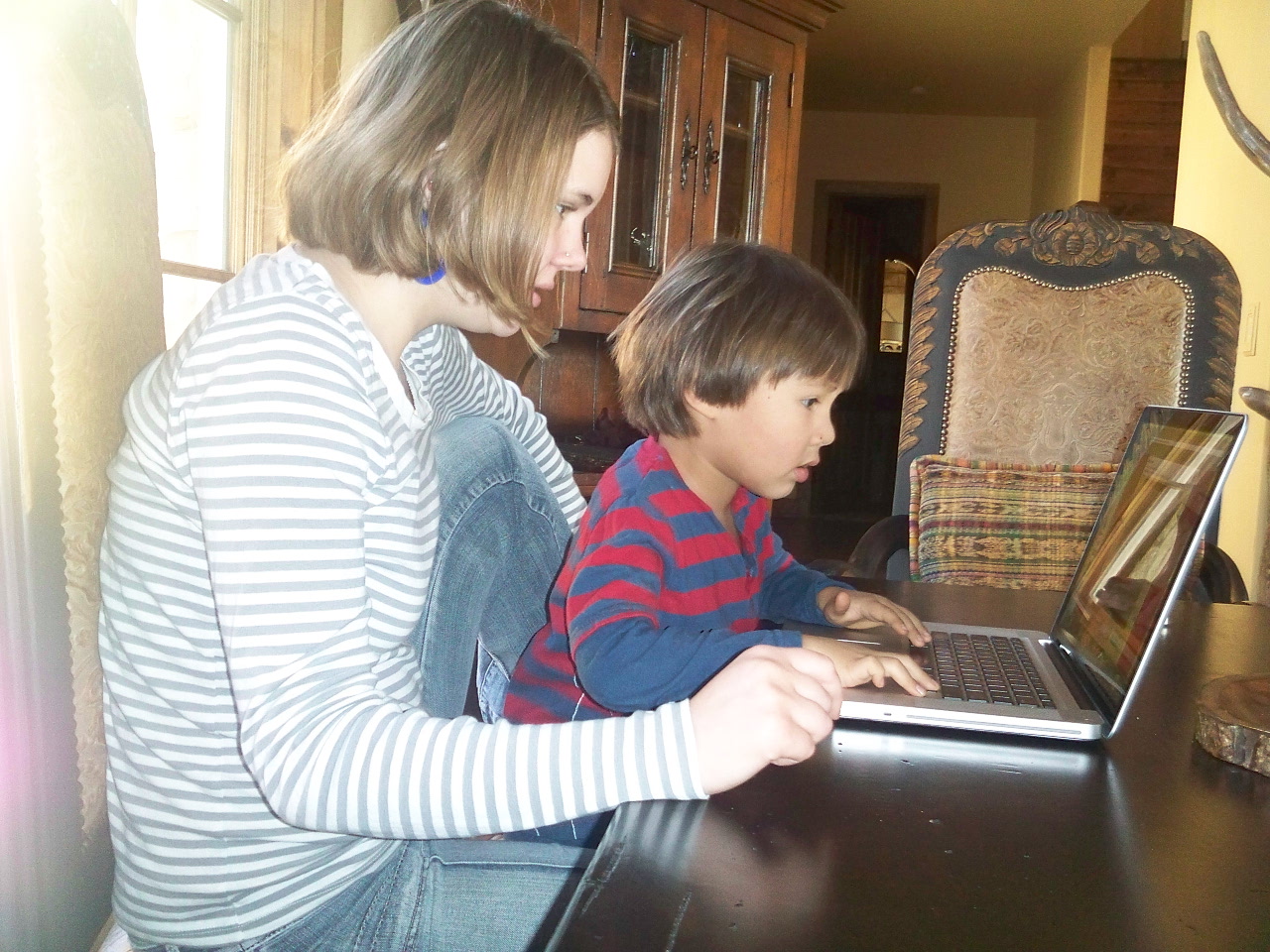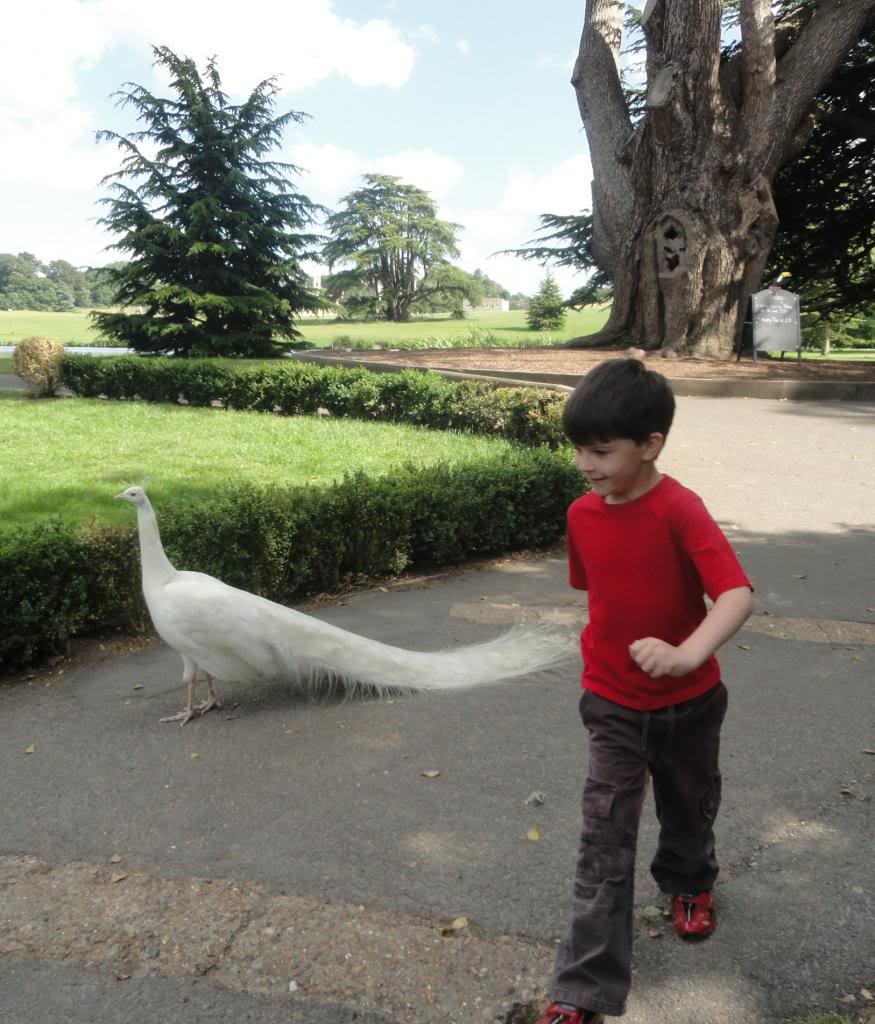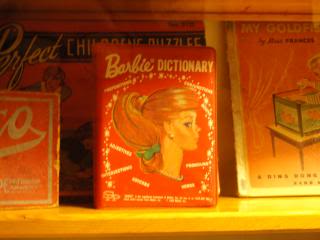I split hairs about rules and principles because I see and have lived with the differences, and I believe they represent two opposing forces in a home and school environment. Principles are internal; rules, external. We enforce principles for ourselves, while others force rules upon us. Principles are something people stand for and seem to have with them throughout their lives. Rules are something people tend to follow and just as soon cast aside once the situation that warranted the rules in the 1st place is over and done with. Principles represent a standard of conduct that people uphold because the standard stands for something important to them. Principles come from observation, reflection, and active discussions with others. Rules are more like borders that contain someone and can only be crossed with specific permission. They’re usually cut and pasted from another generation’s set of rules, and figuratively hung from the homes and offices of the plagiarists with the same reverence as a diploma. The problem is there is absolutely nothing original or reasonable about rules. They’re hollow and senseless.
—Ben Lovejoy
"No Rules-Sir, Yes Sir"
photo by Sandra Dodd










